12 GPTs for Historical Linguistics Powered by AI for Free of 2025
AI GPTs for Historical Linguistics are advanced artificial intelligence tools based on the Generative Pre-trained Transformer model, tailored specifically for the field of historical linguistics. These tools leverage the power of GPTs to analyze, interpret, and generate language data, facilitating the study of language evolution, etymology, and linguistic patterns over time. By harnessing the capabilities of GPTs, researchers and enthusiasts can delve into the complexities of language development and historical language relationships, benefiting from AI-driven insights and analyses that were previously unattainable.
Top 10 GPTs for Historical Linguistics are: Oxford English Dictionary,Define,Etymologie Forscher,Etymology Explorer,Language Evolution Guide,Word Roots,English Words, Viking Origin,The Labyrinth of Lost Words,Index Diachronica,Clovis
Oxford English Dictionary
Empowering language with AI-driven insights
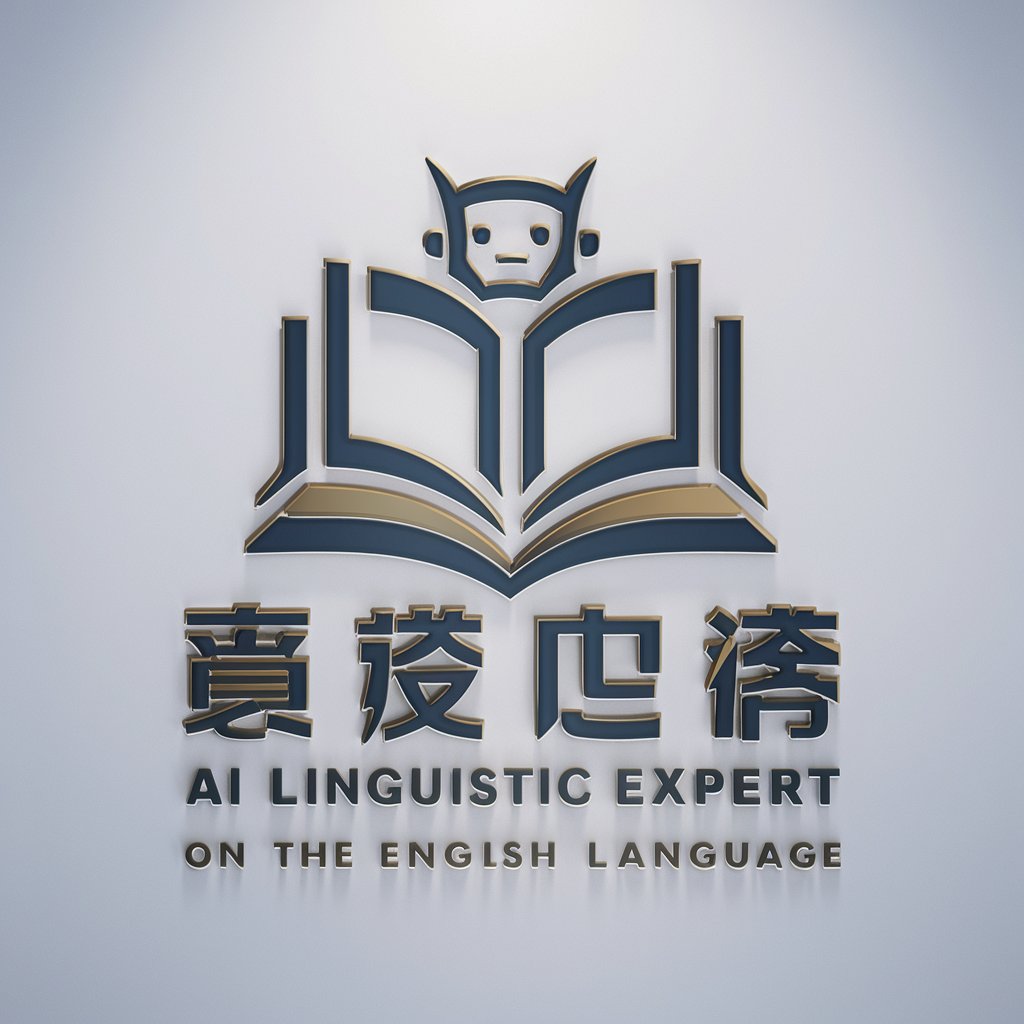
Define
Unlock Language with AI-Powered Insight
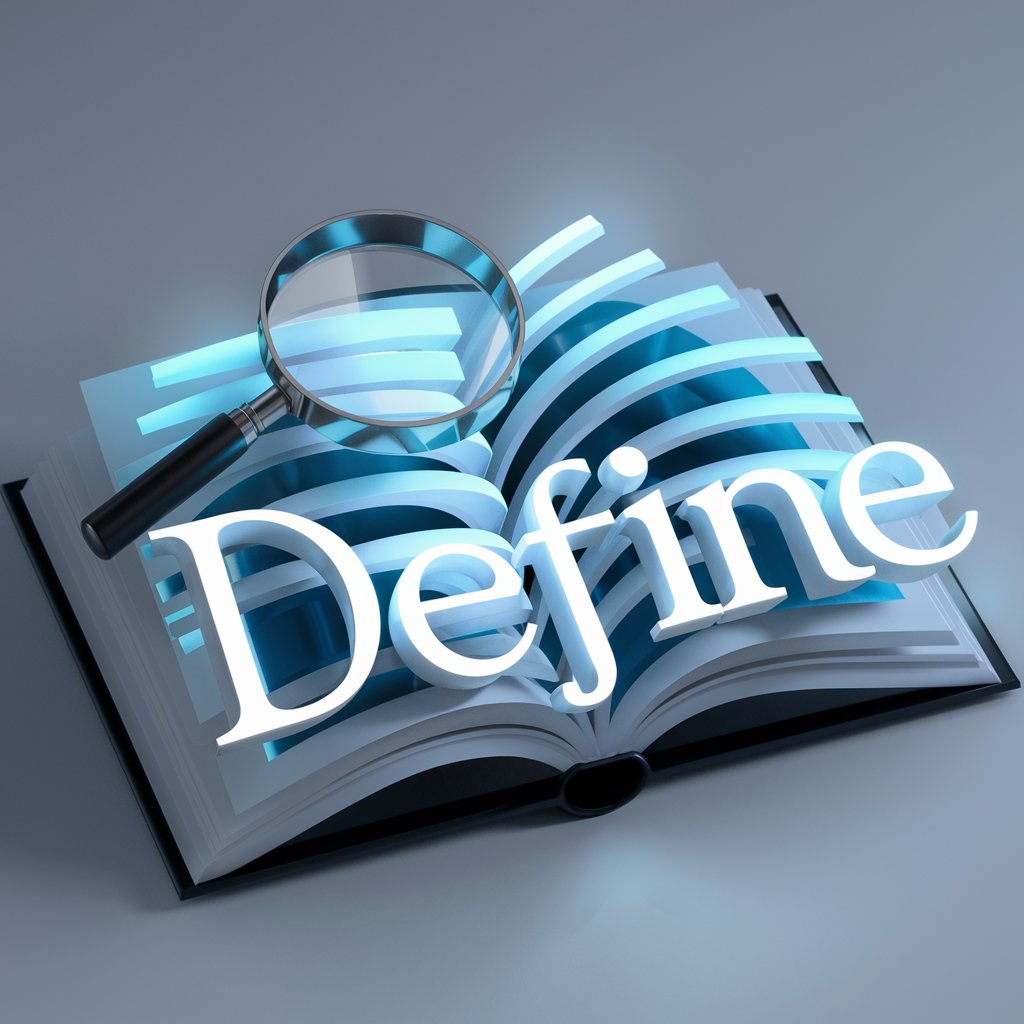
Etymologie Forscher
Unveiling the Roots of German Words
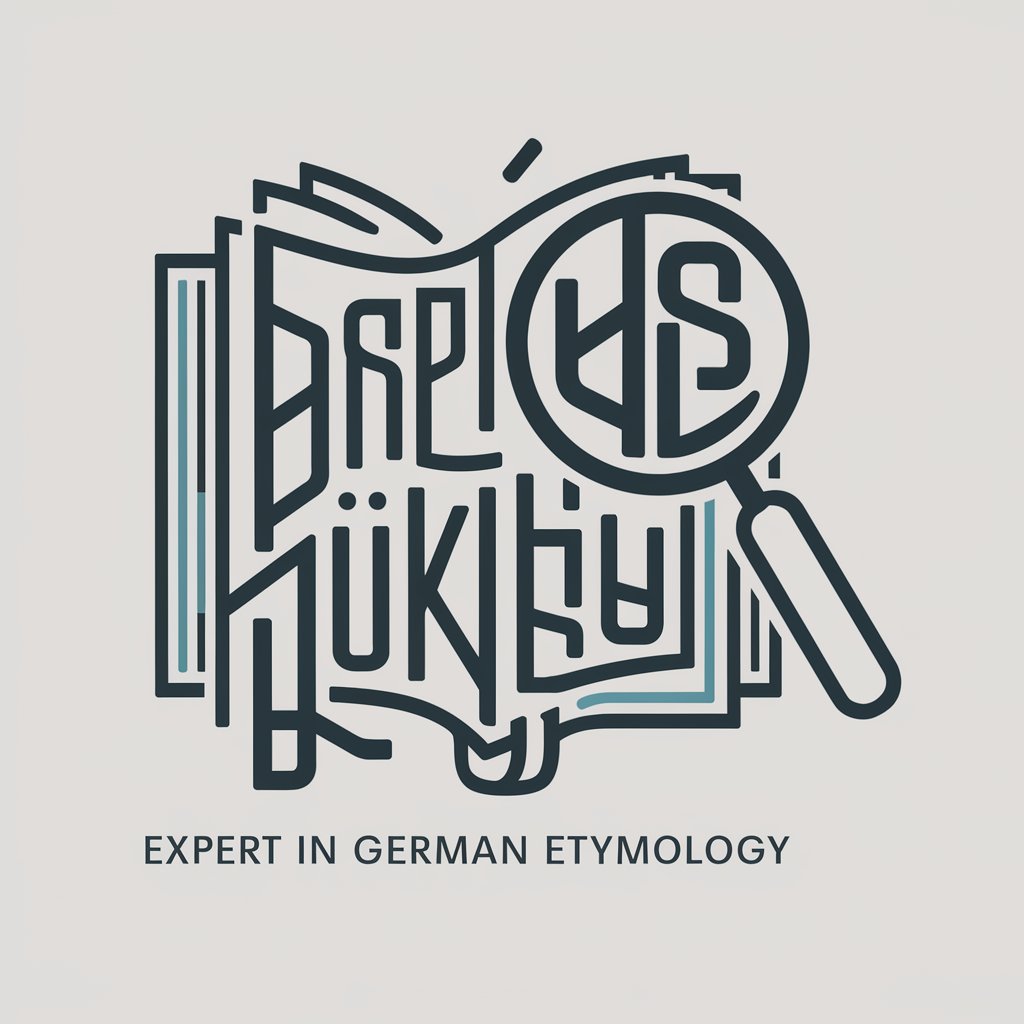
Etymology Explorer
Unraveling Words with AI
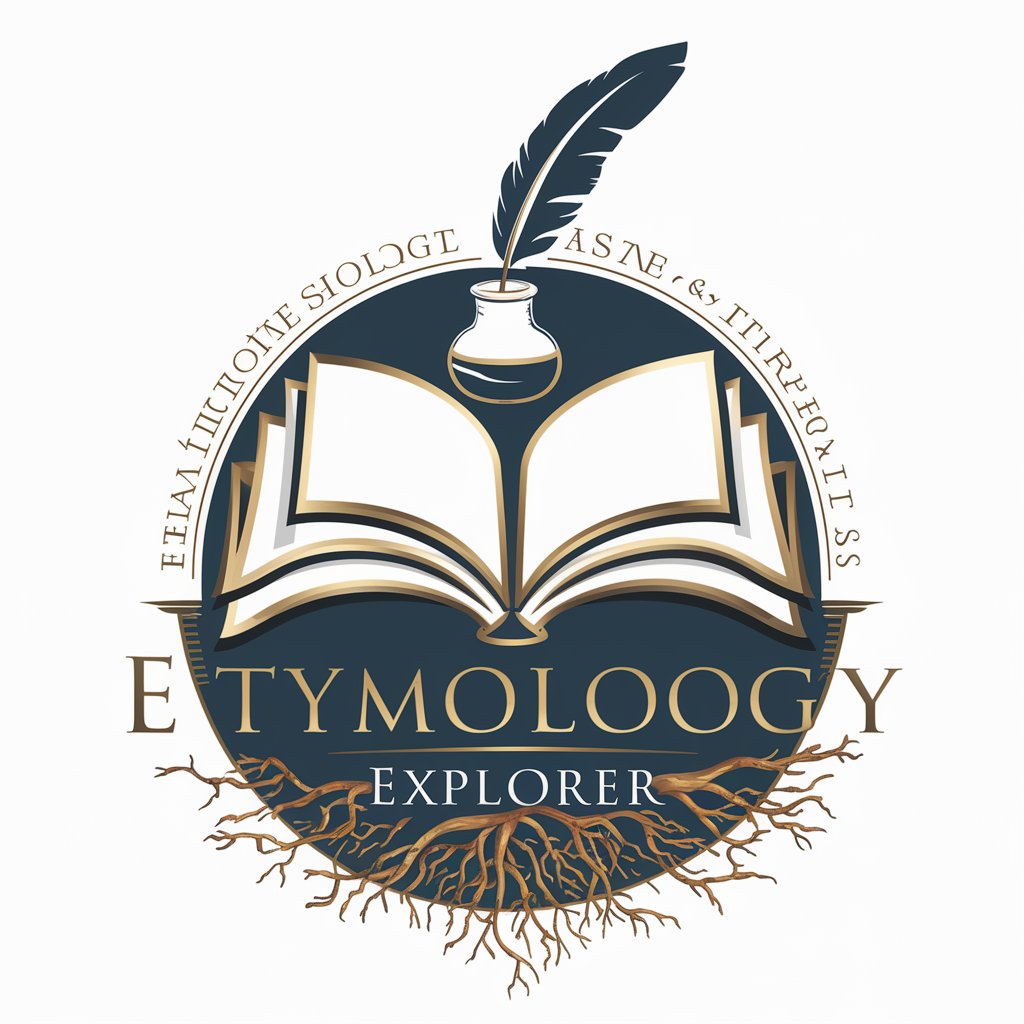
Language Evolution Guide
Exploring Language's Past with AI
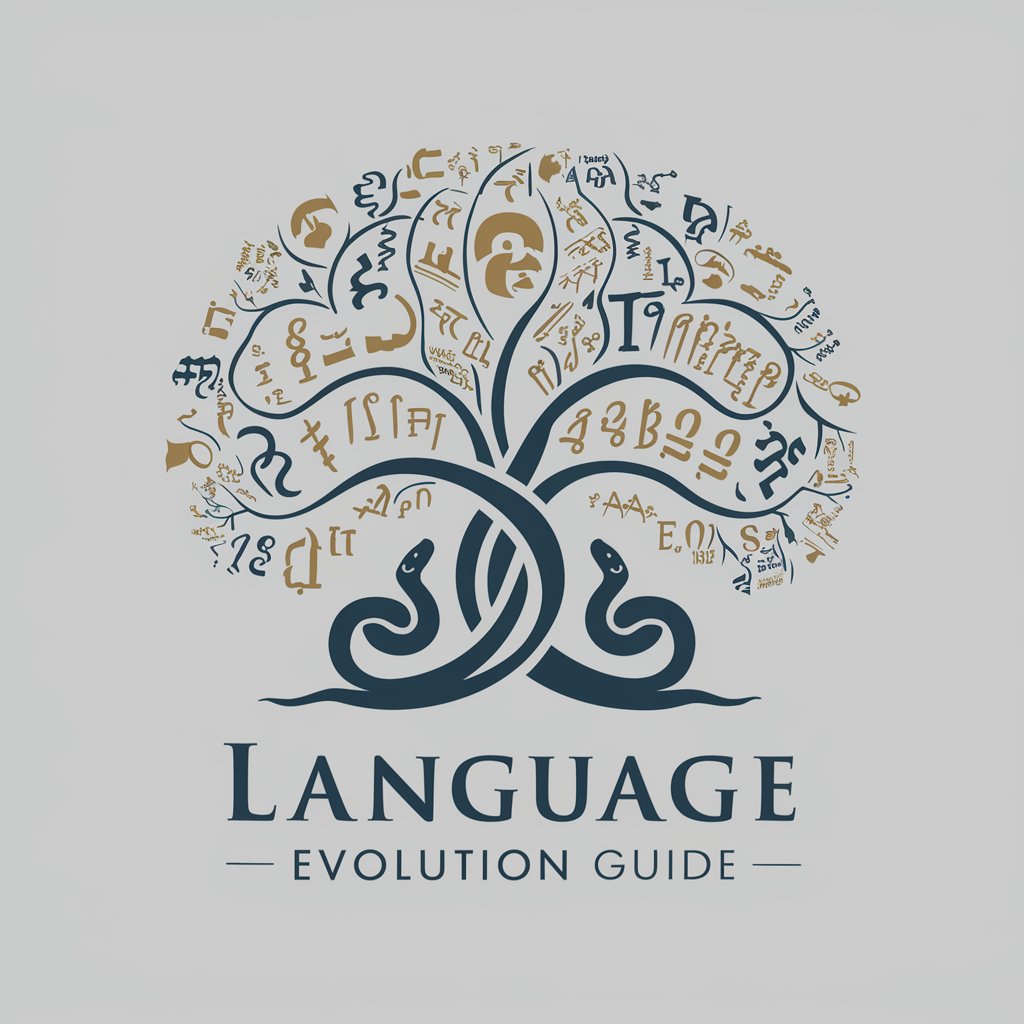
Word Roots
Unravel Language with AI
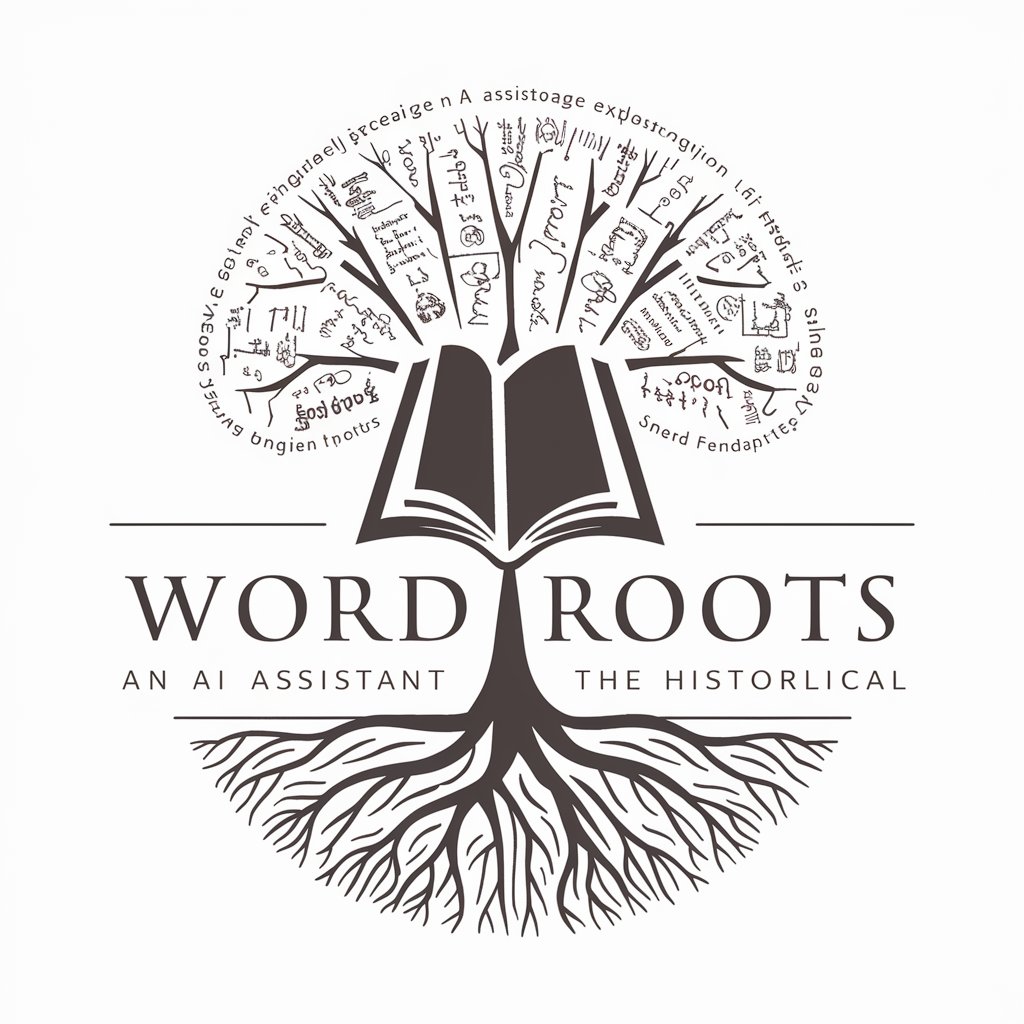
English Words, Viking Origin
Unraveling English’s Viking DNA
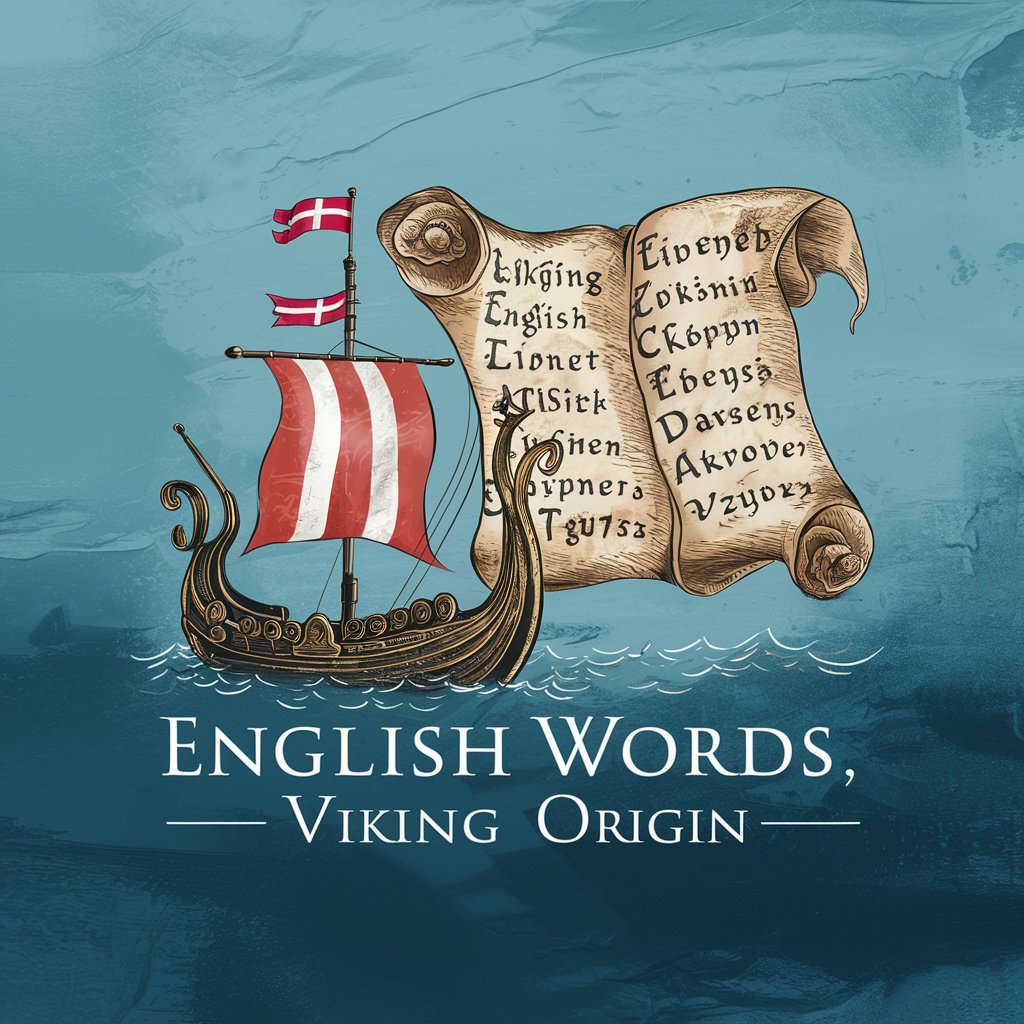
The Labyrinth of Lost Words
Revive Forgotten Words with AI
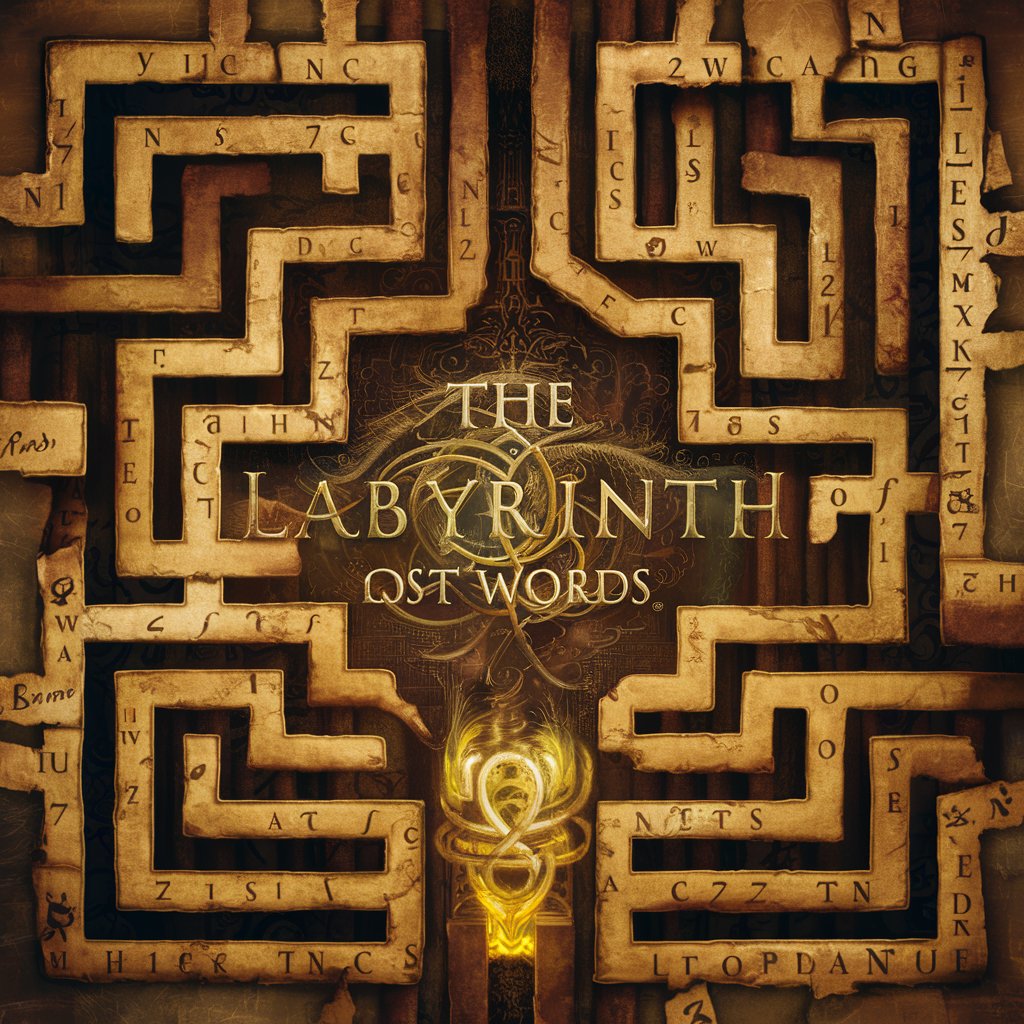
Index Diachronica
Charting the evolution of sounds, AI-enhanced.
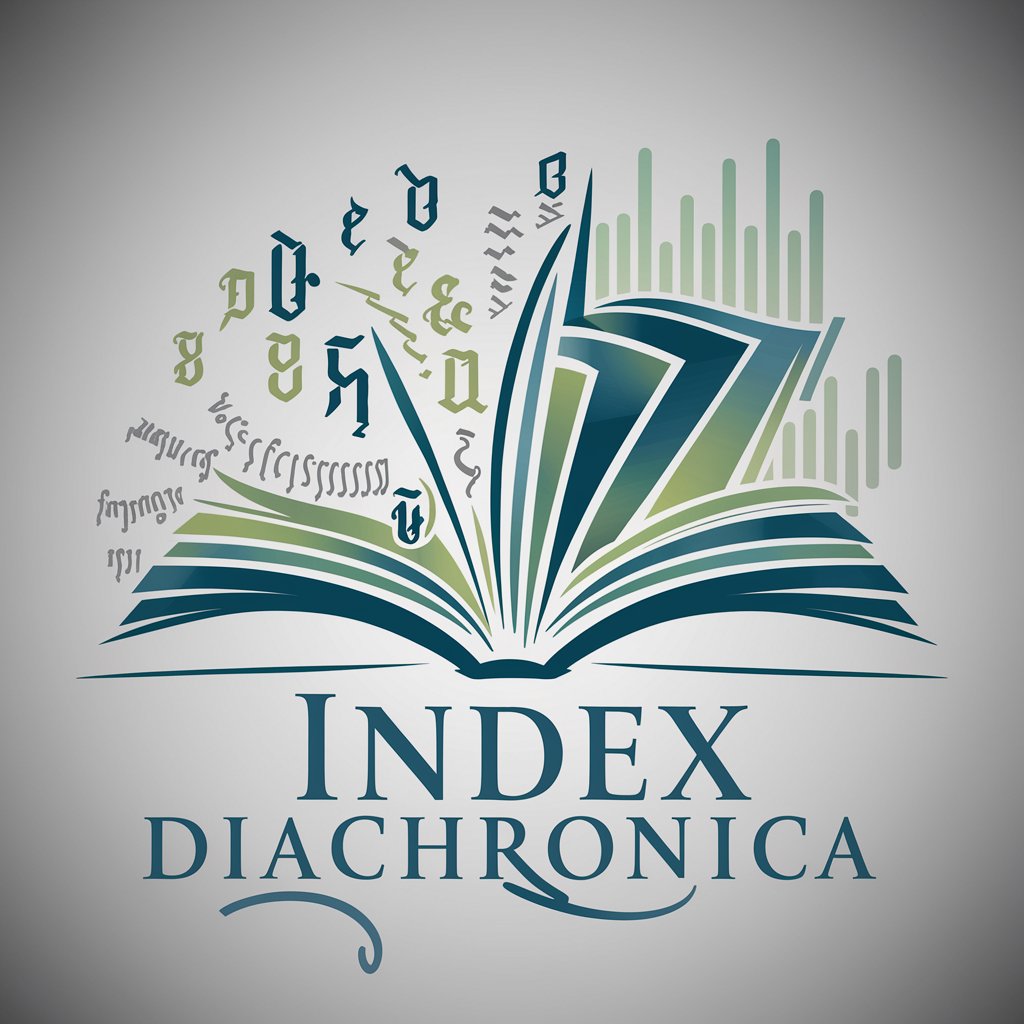
Clovis
Unlocking Language's Secrets with AI
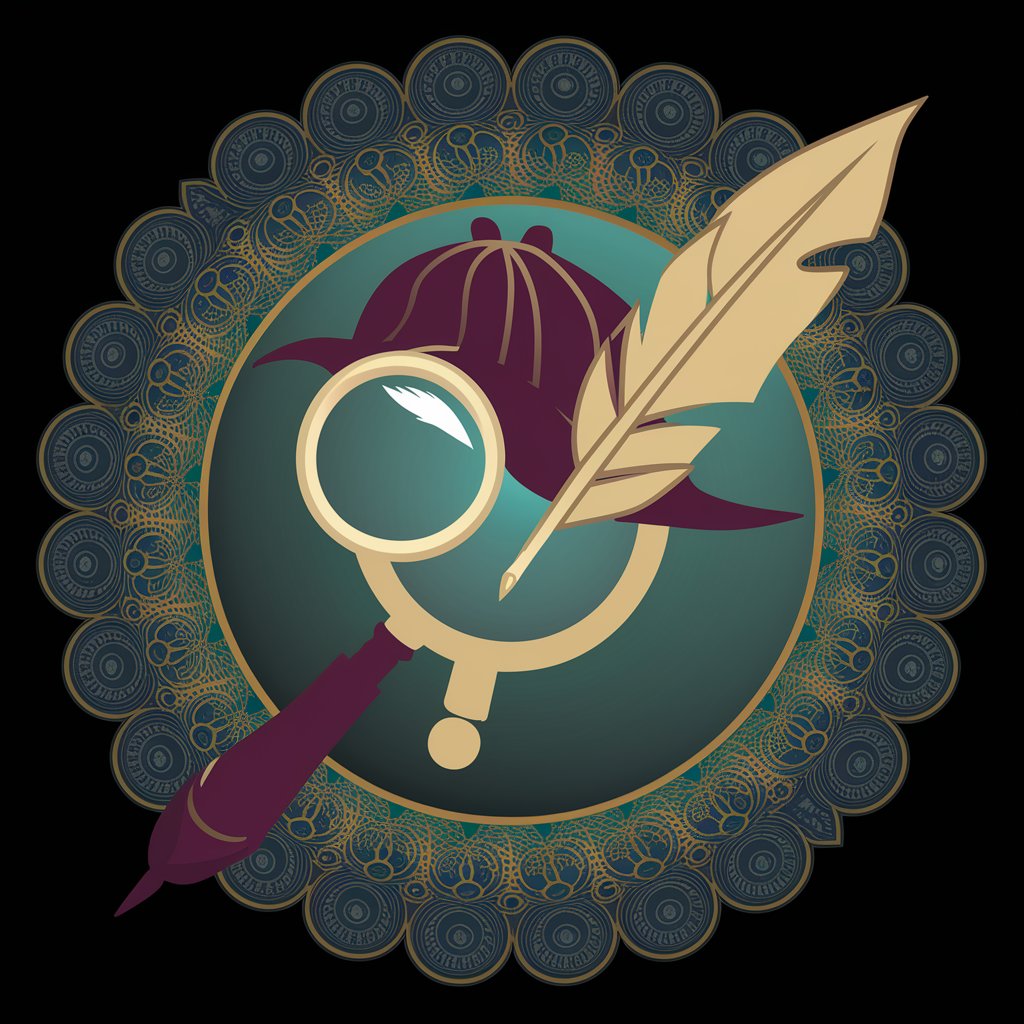
F
Unleash the Power of 'F' with AI
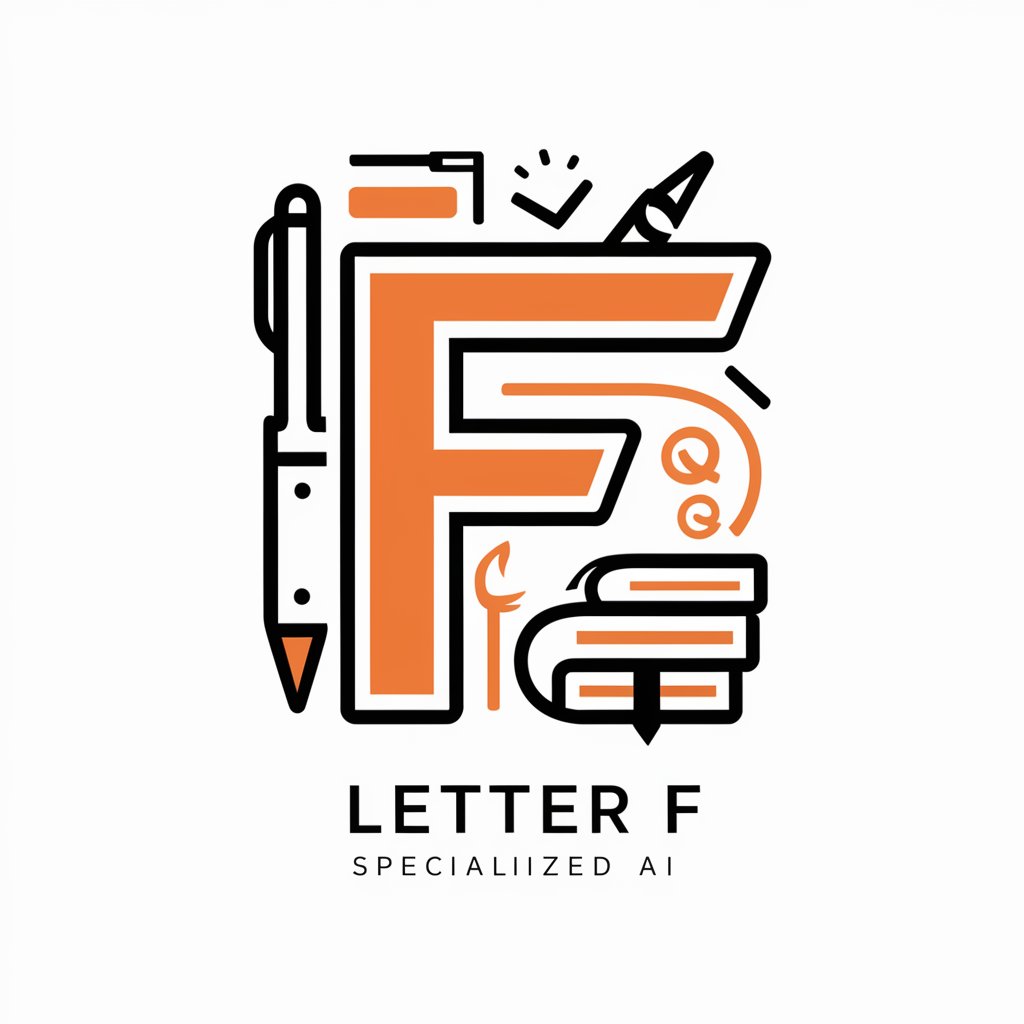
Otto
Unravel Words with AI-Powered Etymology
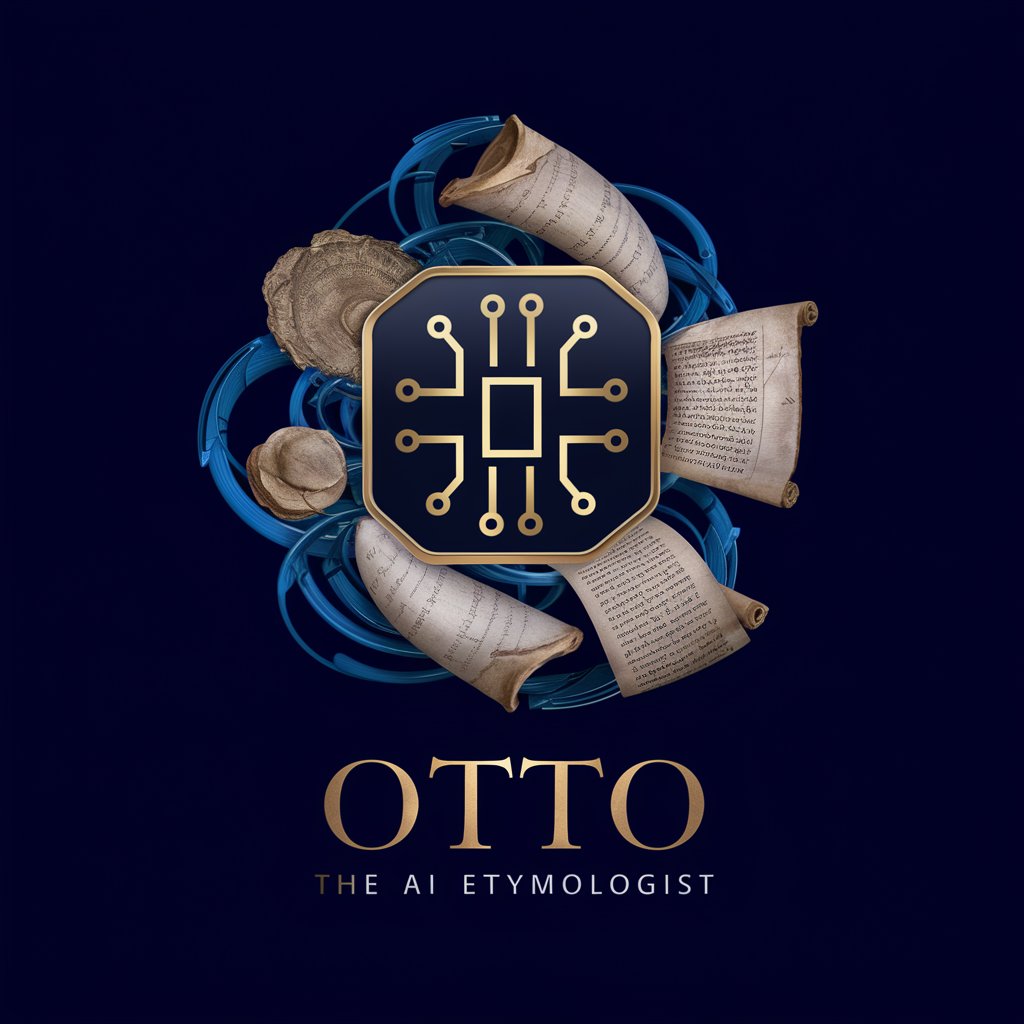
Essential Qualities and Functions
AI GPTs for Historical Linguistics boast a range of unique features designed to support the study of language history. These include advanced language understanding for deciphering ancient texts, the ability to recognize and analyze linguistic patterns across different languages and time periods, and the capacity for simulating language evolution scenarios. Specialized capabilities such as web searching for historical linguistics databases, image creation for visualizing language connections, and data analysis tools for tracking linguistic changes over time further distinguish these GPTs. Their adaptability ranges from offering simple linguistic insights to facilitating complex research inquiries.
Who Benefits from Historical Linguistics AI
AI GPTs for Historical Linguistics are designed to cater to a wide audience, from novices with a general interest in language history to professionals and researchers in the field. These tools are accessible to those without coding skills, thanks to user-friendly interfaces, while also providing extensive customization options for developers and linguists with programming expertise. This makes AI GPTs invaluable for educational purposes, academic research, and professional linguistic analysis.
Try Our other AI GPTs tools for Free
Workplace Integration
Discover how AI GPTs can revolutionize your workplace with automation, collaboration, and tailored solutions. Enhance productivity and innovation seamlessly.
Work Challenges
Discover how AI GPTs for Work Challenges can transform your workplace with advanced AI solutions designed to streamline tasks, boost productivity, and foster innovation.
Study Inspiration
Discover how AI GPTs for Study Inspiration can transform your learning experience with tailored educational support, problem-solving capabilities, and personalized content generation.
Mood Creation
Explore AI GPTs for Mood Creation: Tailored solutions leveraging AI to craft content that resonates emotionally, enhancing engagement across marketing, entertainment, and more.
Comprehensive Information
Discover AI GPTs for Comprehensive Information: tailored, advanced AI solutions designed to meet diverse information needs with accuracy and depth.
Wellbeing Plans
Discover how AI GPTs for Wellbeing Plans can transform personal and community health with tailored, accessible, and integrative wellness solutions.
Expanding the Horizons with AI in Historical Linguistics
AI GPTs function as customizable solutions across different sectors, particularly in historical linguistics, by offering user-friendly interfaces and integration capabilities with existing systems or workflows. These tools not only facilitate linguistic research but also enhance educational methodologies, enabling a deeper understanding of language history and evolution through innovative AI-driven analyses.
Frequently Asked Questions
What exactly are AI GPTs for Historical Linguistics?
They are specialized AI tools based on the Generative Pre-trained Transformer model, designed to support the analysis and understanding of historical language development and linguistic patterns.
How can AI GPTs aid in the study of historical linguistics?
These tools can analyze linguistic data, identify patterns, simulate language evolution scenarios, and provide insights into language development and etymology.
Who can use AI GPTs for Historical Linguistics?
They are accessible to anyone interested in historical linguistics, including students, researchers, and professionals, regardless of their coding skills.
Can AI GPTs generate ancient texts?
Yes, they can simulate and generate texts mimicking historical languages, aiding in the study of ancient documents and language evolution.
Are there customization options for researchers?
Yes, developers and researchers with programming skills can customize these GPTs for specific linguistic analysis and research projects.
Can these tools visualize language evolution?
Yes, through image creation features and data analysis tools, AI GPTs can visualize language connections and changes over time.
Do I need to be a linguist to use these tools?
No, these tools are designed to be accessible to individuals with varying levels of expertise in linguistics, including complete novices.
How do AI GPTs for Historical Linguistics differ from standard GPTs?
They are specifically tailored with features and capabilities for the analysis and understanding of historical languages and linguistic patterns, making them uniquely suited for this field.